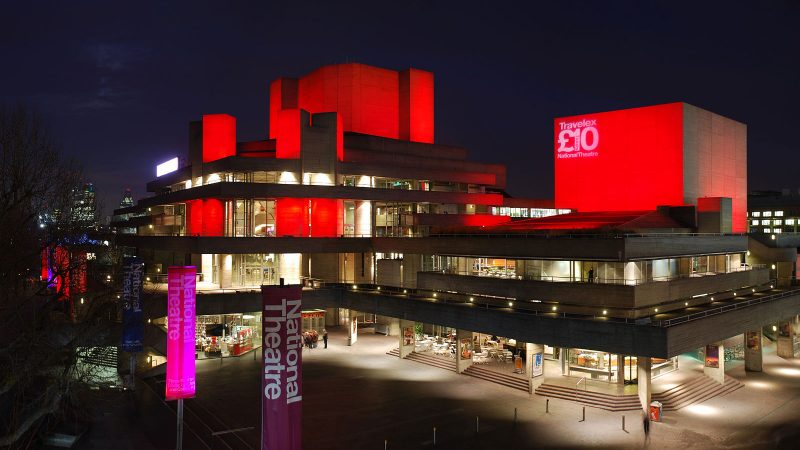
Spending by local councils on arts and culture has been slashed by £860m – but the industry is key to the ‘levelling up’ agenda, according to new research by the Fabian Society.
The ‘cultured communities’ report found that local arts funding is now 38.5% lower than it was in 2009 as a result of government austerity and suggested that rejuvenating the cultural industries is integral to a post-Covid economic recovery.
The government’s ongoing ‘levelling up’ agenda aims to address regional inequality and trigger economic growth in underperforming parts of the UK – a message particularly targeted at the ‘Red Wall’ seats they won from Labour in 2019.
The new Fabians research argues that arts and culture spending is important for growth in these left-behind regions but is currently subject to severe regional inequality of its own.
Between 2009 and 2018, National Lottery funding, which supports community arts programmes, spent on average £50.40 per person on organisations based in London compared to £21.26 per person for the rest of the country.
Projects in London received £231m from the scheme run by Arts Council England, over £155m more than the next highest region. In comparison, the Tees Valley received just £17m of funding across the ten year period.
The research claims that kickstarting the cultural sector nationwide could allow different regions to thrive post-Covid. Government figures from February revealed that the UK’s creative industries contributed £13m to the economy every hour, but the pandemic has hit the industry hard.
In the UK, arts and culture funding is either distributed nationally by Arts Council England or comes from the budgets of local councils, which have been forced to reduce their spending by 21% since 2010.
The report has called on the government to reverse spending cuts and give greater devolution of power and funds so that councils and metro mayors can repair the damage of years of austerity on the sector.
Ben Cooper, Fabian Society researcher, said: “Community arts and culture is an economic must-have for every village, town, and city if the government is serious about ‘levelling up’. These grassroots organisations can support the high street, the hospitality sector, and improve everyone’s quality of life. If the arts thrive, we all do.
“The arts and culture ecosystem must be supported from the grassroots up, which is why councils must lead the way. They are rooted in their communities, know local cultural assets, and are best placed to shape the sector with sustainability and resilience at its heart.
“The government must put councils and combined authorities at the heart of funding decisions, giving them the flexibility, freedom, and resources to urgently redress the balance. Arts Council England’s expertise can combine with local councils’ on-the-ground knowledge to make this money go further, faster.”
In June, the government offered a £1.57bn support package for the arts sector to accommodate the challenges posed by the coronavirus pandemic. However, it took 20 days for the first tranche of funding, 0.2% of the total, to become available.
The Fabian’s research on regional arts inequality reflects a 2018 report by Arts Council England that found that the cultural industries struggle with nationwide representation and are still largely “dominated by middle-class white people”.



More from LabourList
Sarwar: ‘Humza Yousaf’s leadership is in tailspin. The time for change has come’
Haigh: We won’t shut ticket offices or cut jobs – or nationalise water
Lou Haigh to reveal ‘roadmap’ for public ownership of railways within first term